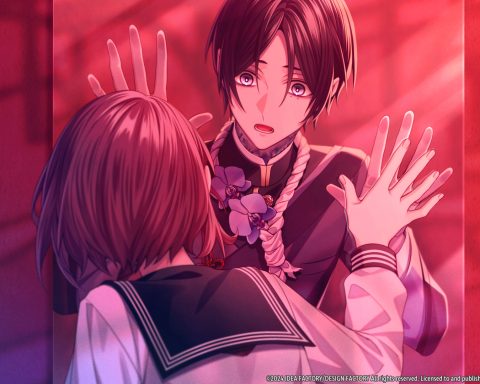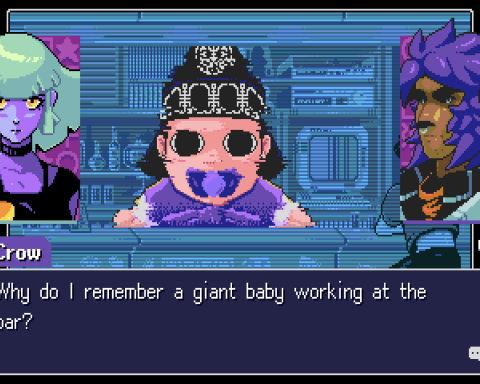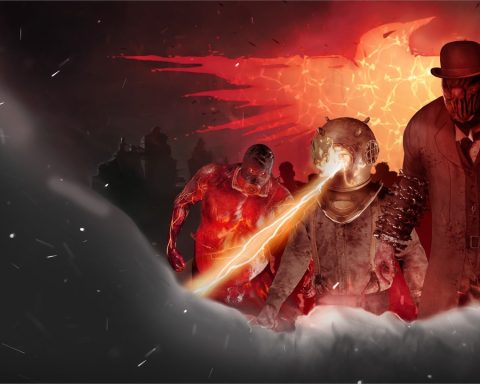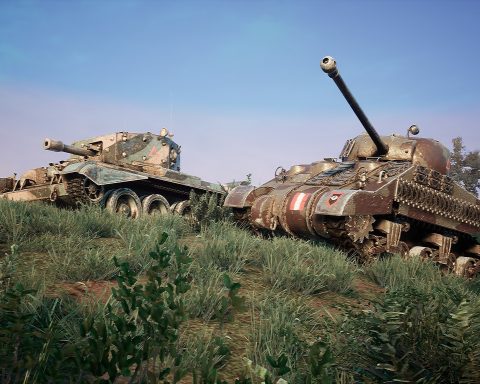Neoverse is a highly enjoyable digital card game, but it also represents the worst of video games as an art form. This is not to say that it’s weighed down with microtransactions and similarly scummy revenue models, because it’s mercifully free of those. It’s just that Neoverse could have been something interesting and engaging but it does nothing to contextualise its action.
You take control of one of three (rather pretty) women, and need to battle in an apocalyptic world against a steadily more difficult set of enemies. That is, without exaggeration, the entirety of Neoverse’s narrative and storytelling. The enemy monsters are interesting and detailed in design, but you never learn anything about what they are and why you’re fighting them, specifically, in that area. The protagonists are all interesting in design and have unique fighting styles, which is the full extent of characterisation you’ll get from them. Battles have plenty of stylish effects and look good, but without some kind of context to qualify why we should be doing them, it all comes across as superficial.
I know that narrative is increasingly seen as something superfluous to game design; the idea being that if you give players a compelling gameplay loop that is easily repeatable there’s no real need for there to be a story to make players care. This is the principle that effectively powers most mobile games or the entire fighting genre, and fair enough, because I sure did fall in love with Marie Rose before she became a part of Dead or Alive’s (always thin) narrative. The idea is that you can give players a sense of character and lore through the mechanics, and in Neoverse’s case, the developers were clearly relying on the complexity of the deckbuilding systems (more on that soon) to make you feel like your character is evolving and growing and becoming your own.
The problem is that Neoverse quite clearly could have been so much more. It looks like it should be more like a NieR or The Surge, with the decrepit urban environments and enemies. Instead, you play sequence after sequence of enemy encounters with next to nothing backing it. It doesn’t take long or Neoverse to become so shallow you’ll be wondering why you’re playing it.
The only thing that Neoverse has going for it is its card-based combat system. Thankfully, it is a good one. You’ll start out with a very simple deck of cards, but as you play on and win battles you’ll be able to acquire new ones, or “evolve” existing ones so that they become more powerful, and in this way, your character becomes steadily more powerful. Interestingly, you’ll always have a choice of three battles to fight, and the rewards will be different from one battle to the next. Choosing the right one for your deck strategy is key.
Once you’ve got a deck of cards that you’re happy with, you enter into battle where, on each of your turns, you’ll be dealt a hand of cards, from which you spend action points up to your limit in the turn. More powerful cards tend to require greater numbers of action points, so there’s a risk-reward dynamic at play there – do you aim to do a lot of damage in one go to one enemy, or perhaps spread the damage across a few of them? Or you could focus on defence, with “shield” cards creating a cumulative tally of damage that is mitigated before your character starts to lose health?
There are also a pile of status affects – positive and negative – that can be applied to both your character and the enemy and Neoverse ends up being a pretty complex game for it. The complexity is two-fold: you need to build together a deck of cards with complementary abilities, and you want to make sure your deck of cards is lean, because opportunities to remove cards is limited, and having too many cards in a deck means that your chances of getting the card that you really need in any given turn is reduced.
This is a genuinely good system, and the developers have taken particularly good care to balance it out well. What’s more, the three different characters all have significantly different play styles and card decks, giving you plenty of long term replay value of you get drawn into it.
The problem is that for all of Neoverse’s merits – it’s a good looking game, with good, balanced mechanics and excellent replay value – it’s also ultimately unsatisfying to play. The narrative context is only ever a tease, and without a reason to get into all those fights and collect all those cards, Neoverse ultimately feels hollow. I’ll keep Neoverse around for five-minute time-filler play sessions here and there, but I’m ultimately disappointed with this game. It could have easily been so much more than this.









